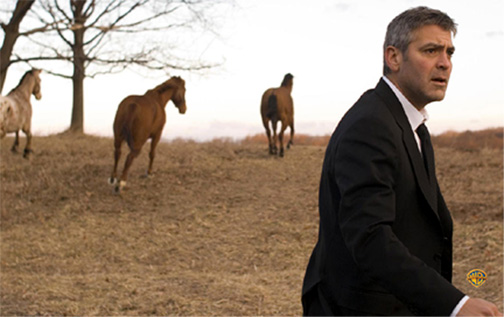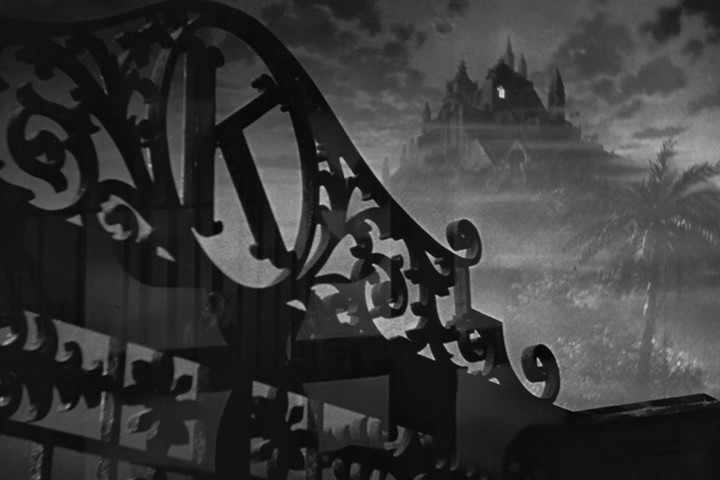I'm not a wrestling fan nor a Mickey Rourke fan. I'm a movie fan and a literature fan. I really can't comprehend why people don't understand the core meaning and beauty of this film. It has nothing to do with professional wrestling. It has to do with reaching the roots of great drama, and that's why it is great.
There are more complex and elegant plots in film, production values, and more intriguing characters in lots of good films--independent, Hollywood, and foreign, but The Wrestler--through whatever spirit passed through the vehicle of Mickey Rourke's soul--turns out to be a wonderful film for anyone who values the roots of tragedy and the roots of the human condition.
Rabbit Run is a book like that; The Stranger is a book like that; Othello is a play like that. None of these examples are particularly long or complex in relationship to their genres. For example, Othello is perhaps Shakespeare's most simple tragedy.
But The Wrestler, like superior works of dramatic art--and with Rourke at the helm--hits humanity where it matters: it shows us our vulnerability; our desire for love and acceptance (even if we aren't good at getting them right) with other people and with society; it depicts The Wrestler's wish for dignity and thus our own natural wish for dignity, for recognition, for home, to be cared for and loved unconditionally--that is what the Wrestler wants.
And he is no different from people who look nothing like him or live in worlds that ostensibly don't appear like his. The Wrestler takes steroids. Well, lots of women destroy their feet by wearing high heels. Plastic surgery for both sexes is an attempt to look younger or better, but in the end is all about being loved.
Finding a home, a refuge, a sympathetic soul who will care about us unconditionally are values the Wrestler shares with most of us. He just is at a loss how to find them, and this is ironic because that is just the way he is able to love others in his childlike way--whether they be fellow wrestlers, kids in the neighborhood, or old ladies at the deli counter. The Wrestler's true opponent is a world that doesn't have a place for the type of 'outlier' he is. There is a reference to his being the 'sacrificial ram' early on in the film, and it's a perfect metaphor. He is at heart an innocent, so innocent that when a girl picks him up at a bar and asks if he wants to 'party', he isn't quite sure what she means. Randy the Ram is kind to everyone he meets. He just hasn't learned society's game.
This is not a complicated film , but the greatest speeches, odes, portraits, ballets, etc., don't have to be complicated, nor should they. It's the intensity that counts and if the intensity remains after the show is over, who needs anything longer? Yea, you can ask for more in art, but you just might get a whole lot less. And if you don't understand what this movie is REALLY about, you are missing a whole lot.









